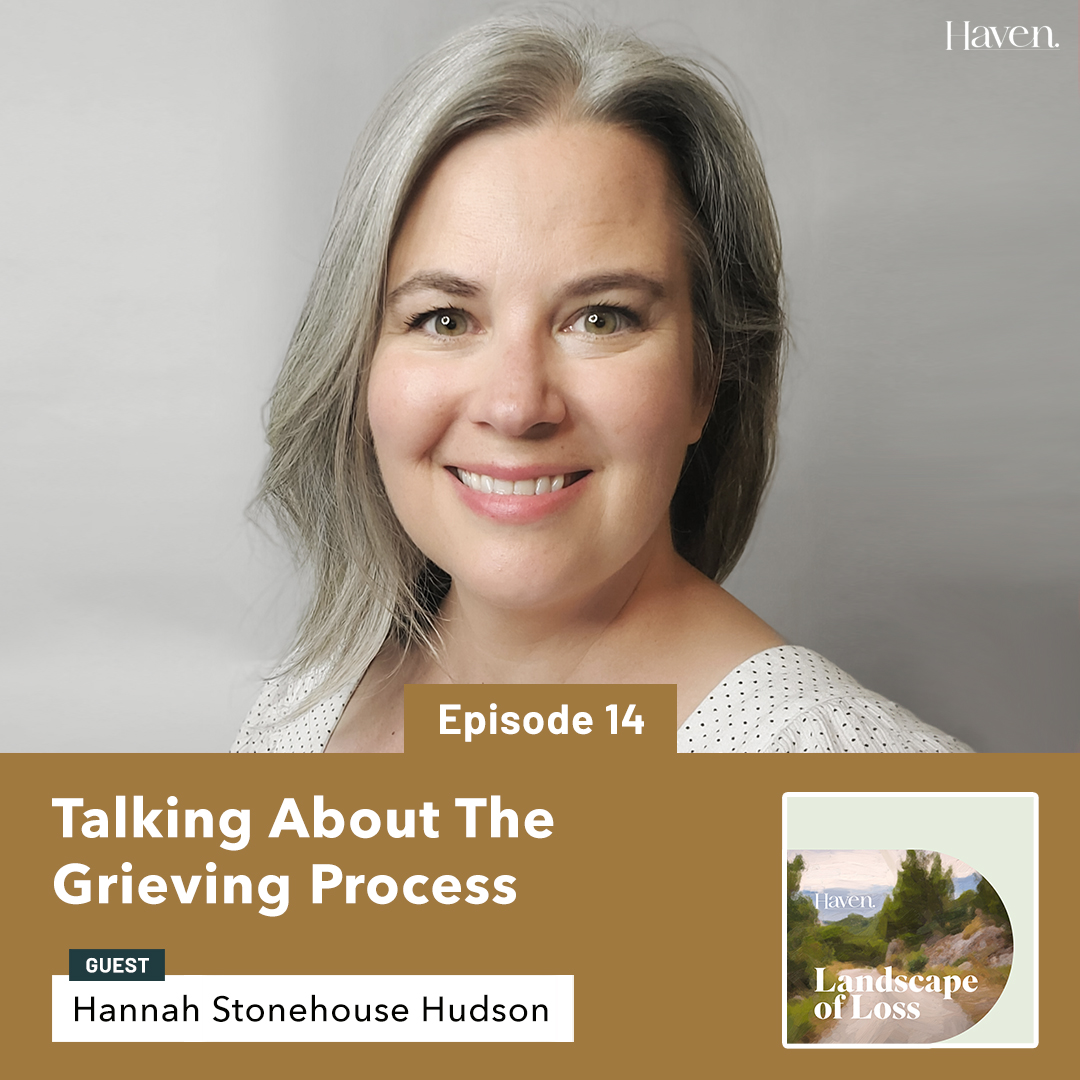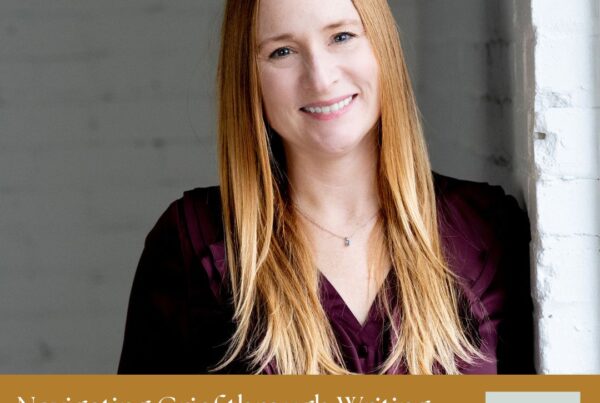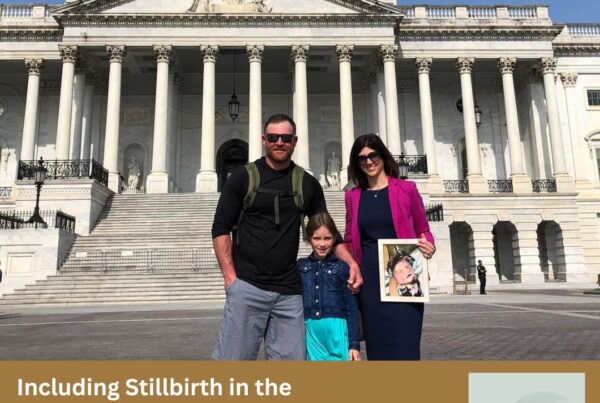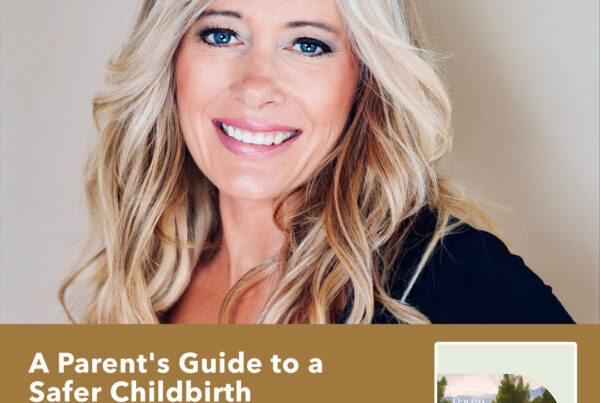Episode 14: Show Notes.
Welcome to another episode of Haven the Podcast. Joining us today is Hannah Stonehouse Hudson, motivational speaker, and grief consultant to discuss the potentially triggering and emotional losses she experienced when she suffered a traumatic miscarriage and then lost her husband soon after. Listening in, you’ll hear all about Hannah’s reaction to her pregnancy, her miscarriage, the PTSD she suffered afterwards, grieving her husband with his traditional Ojibwe family, and how she worked through her grief. She shares why it has taken her 10 years to be able to assist other people going through loss, her thanatology studies and what they are about, as well as her experiences with dating after the loss of her husband. We also discuss how to be there for people who have experienced loss while maintaining the sanctity of your own energy, before discussing the importance of not being afraid to tell stories about people you have loved and lost. Finally, Hannah explains how grief not only affects your mental health, but also takes a toll on your physical health. This episode carries a trigger warning for miscarriage and PTSD so please listen with care.
Key Points from This Episode:
- Introducing today’s guest, Hannah Stonehouse Hudson.
- Hannah’s studies in thanatology and what that means.
- Where this story starts for Hannah.
- Why Hannah wasn’t happy when she found out she was pregnant.
- Trigger Warning for listeners who wish to avoid Hannah’s account of her miscarriage. [00:08:46]
- The symptoms of PTSD Hannah experienced after the loss of her child.
- How to create a ‘brick wall’ between someone sharing trauma and you to save your energy.
- Hannah’s experience with the traditional grieving process of her husbands’ family.
- The importance of telling stories about people we’ve lost and not being afraid of doing so.
- How to know what pain you need to work through.
- What the process of working through grief and loss was like for Hannah.
- Why it’s taken her almost 10 years to be able to help other people with similar experiences.
- What Hannah is doing now: thanatology.
- Why the stages of grief are not for grievers but for people who are dying.
- Dating after the loss of her husband.
- Why you should not accept people who are negative about your grief.
- Hannah’s audience: people who are loving the grievers.
- How grief affects your physical and psychological health.
Tweetables:
“Sometimes, when you’re going through loss, [people] want to be a part of it. They want to tell you their story.” — @Stonehousephoto [0:13:08]
“You’re going through [loss.] You’re totally normal. Stop hiding it.” — @Stonehousephoto [0:15:03]
“When you’re in the shock of loss, you don’t have the ability, to really interact with people in a way that is healthy sometimes. So, you want to distract yourself from healing by listening to other people. And then you start comparing your loss to them.” — @Stonehousephoto [0:17:31]
“I know now that’s why I was able to heal in a very outward way, because I got to tell the story of his death over and over and over and over again, in the seminars. I talked about it. I told stories of his life.” — @Stonehousephoto [0:23:35]
“We need to stop being afraid of telling stories about the people we’ve lost and loved. We need to talk, we need to be open about traditions, we need to keep people in our memories and know that it’s okay to be sad.” — @Stonehousephoto [0:26:13]
“Pay attention to the things that feel heavy, like physically heavy. That’s the stuff you haven’t worked through yet.” — @Stonehousephoto [0:28:07]
“So many diseases come from unprocessed trauma and grief.” — @Stonehousephoto [0:39:19]
Links Mentioned in Today’s Episode:
Hannah Stonehouse Hudson on LinkedIn
Hannah Stonehouse Hudson on Twitter
Hannah Stonehouse Hudson on Instagram




